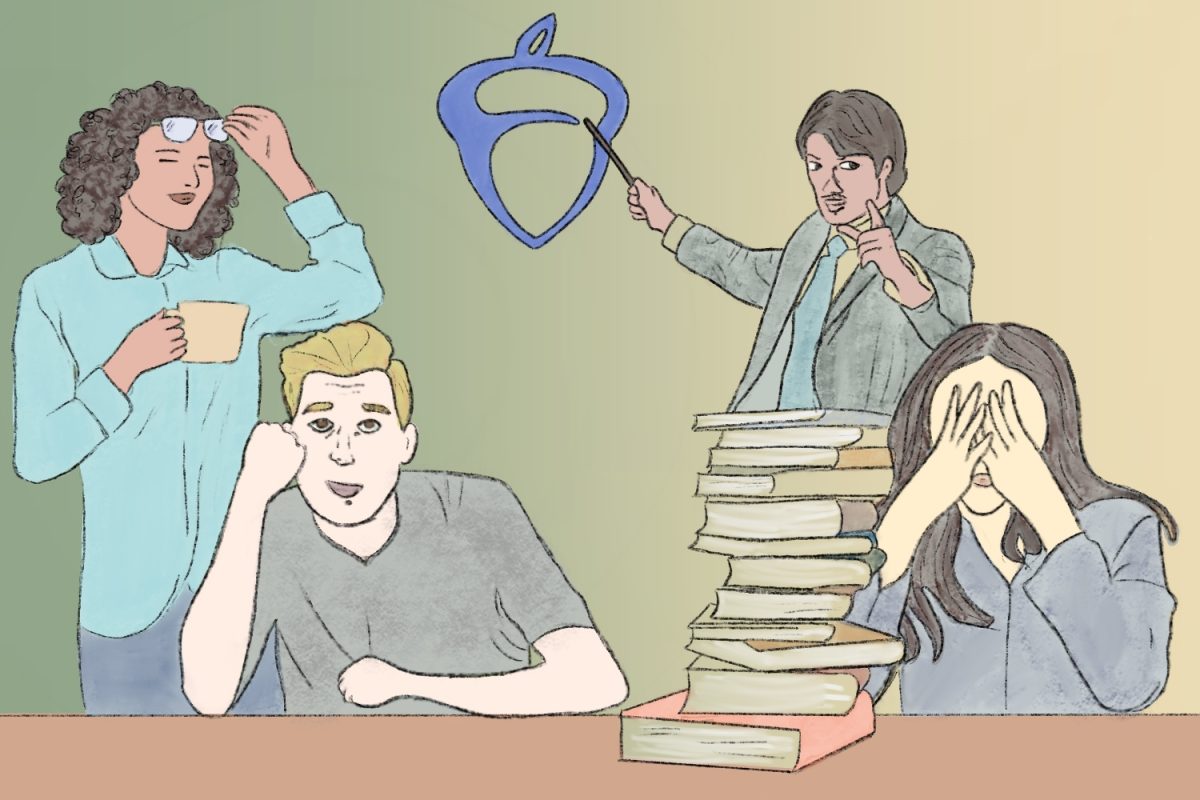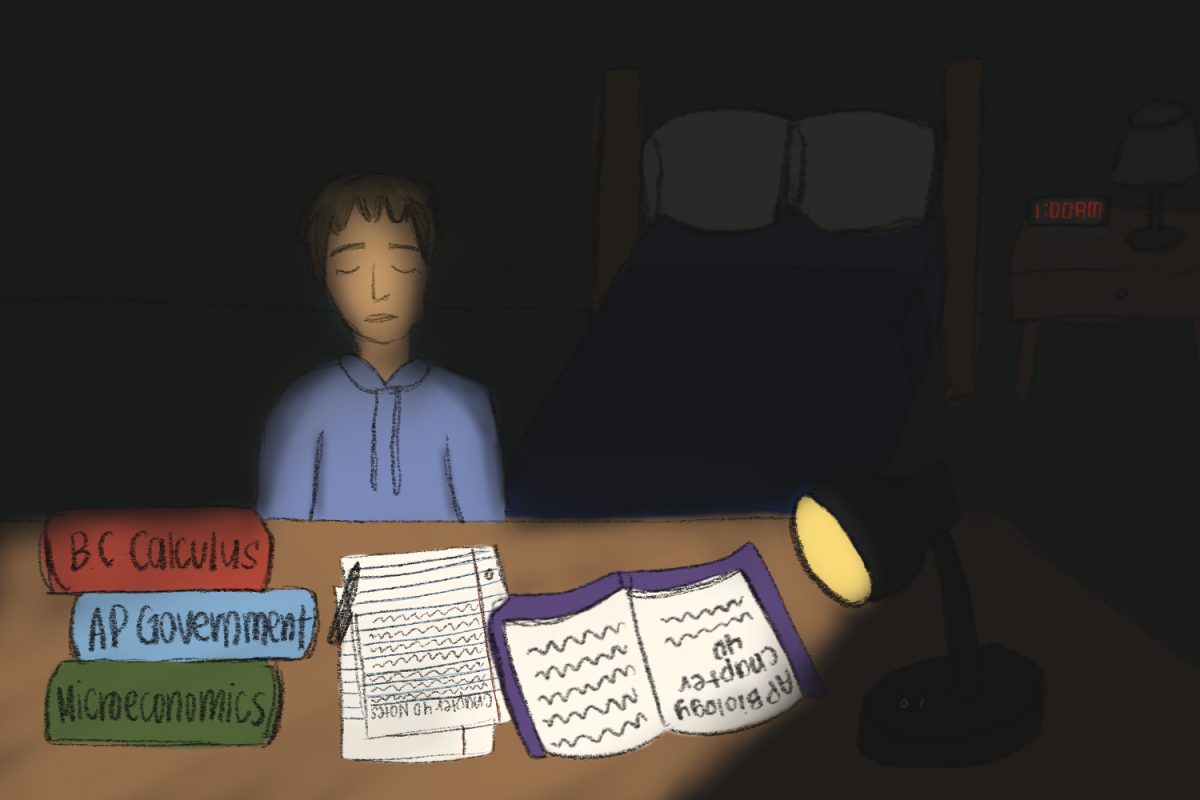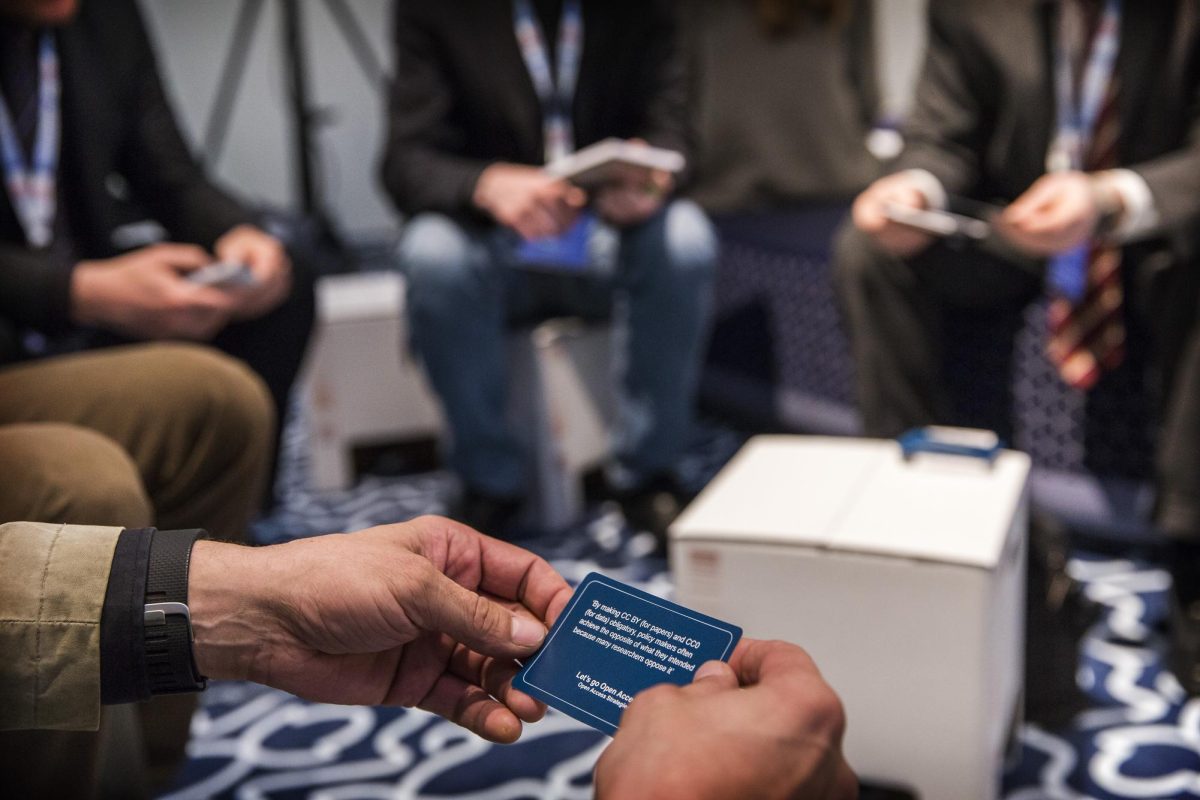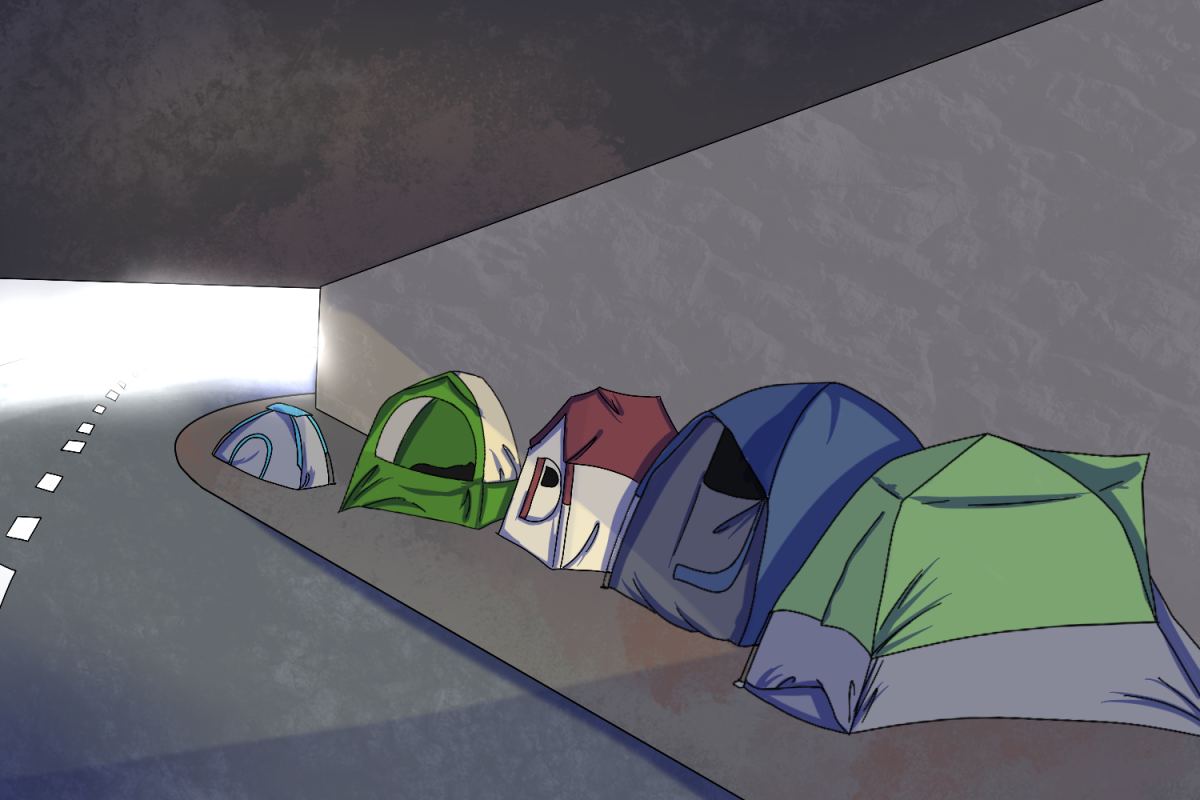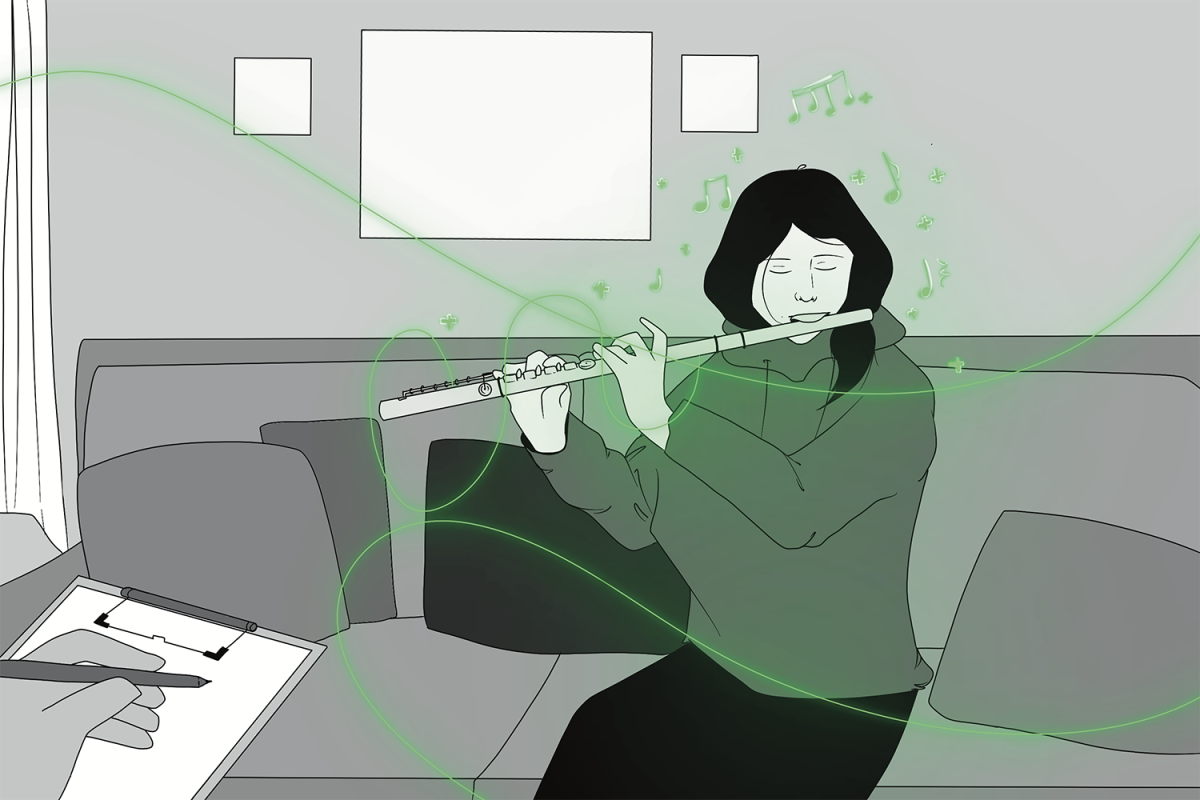The transition to distance learning forced teachers to adjust their teaching styles to suit an online environment. Many of them adapted by trading classwork for graded assignments and increasing the number of projects in their class. This change led students to believe that everything they turned in would have to be their best work, inspiring perfectionism in an educational setting.
From an outside view, this concept of educational perfectionism seems ideal; students should always strive to submit their best work. However, not every class can be successfully analyzed by the quality of the submitted work. Forcing these classes to rely on submitted work puts more pressure on the students who take them, as their workload has increased.
An example of a class that does not depend on submitted work is choir, in which students are normally assessed through performance participation. Of course, the COVID-19 pandemic prevented in-person concerts from taking place, so students are now evaluated with recordings they upload to Soundtrap, a multi-track recording software. This new system leaves little room for error, as even small mistakes can be identified when every recording is combined to make a complete song. As a result, many choir students struggle to record something they’re happy with; some upload tracks late or do not upload them at all, fearing their singing is not good enough.
In addition to classes where submitted assignments aren’t normally required, educational perfectionism also looms in classes where a teacher would normally be there to help students; the loss of in-person class time forces students to complete assignments outside of class when the teacher is not always available to answer questions. For example, most lecture-based math classes require students to watch pre-recorded lectures, eliminating the possibility of easily asking questions related to the lecture and getting answers in real-time. Consequently, students do not have the information they need to complete an assignment adequately, with some spending excessive amounts of time trying to get everything perfectly right and others using answers on the internet to ensure their work is perfect.
What can be done to address the issue of educational perfectionism? A step that everyone can take is utilizing office hours, a time when students and teachers can discuss concepts or assignments covered in class. This way, students can learn more about what their teacher expects from submitted work, and teachers can learn more about how students feel about their expectations. Utilizing office hours allows everyone to be on the same page about submitted work, with students feeling less anxious about the quality of their work.
Educational perfectionism damages timeliness and promotes insecurity within the digital classroom. Still, with the aid of open communication and clear expectations, students can realize that their work need not be perfect.
*This editorial reflects the views of the Scot Scoop editorial board and was written by Elise Hsu.




